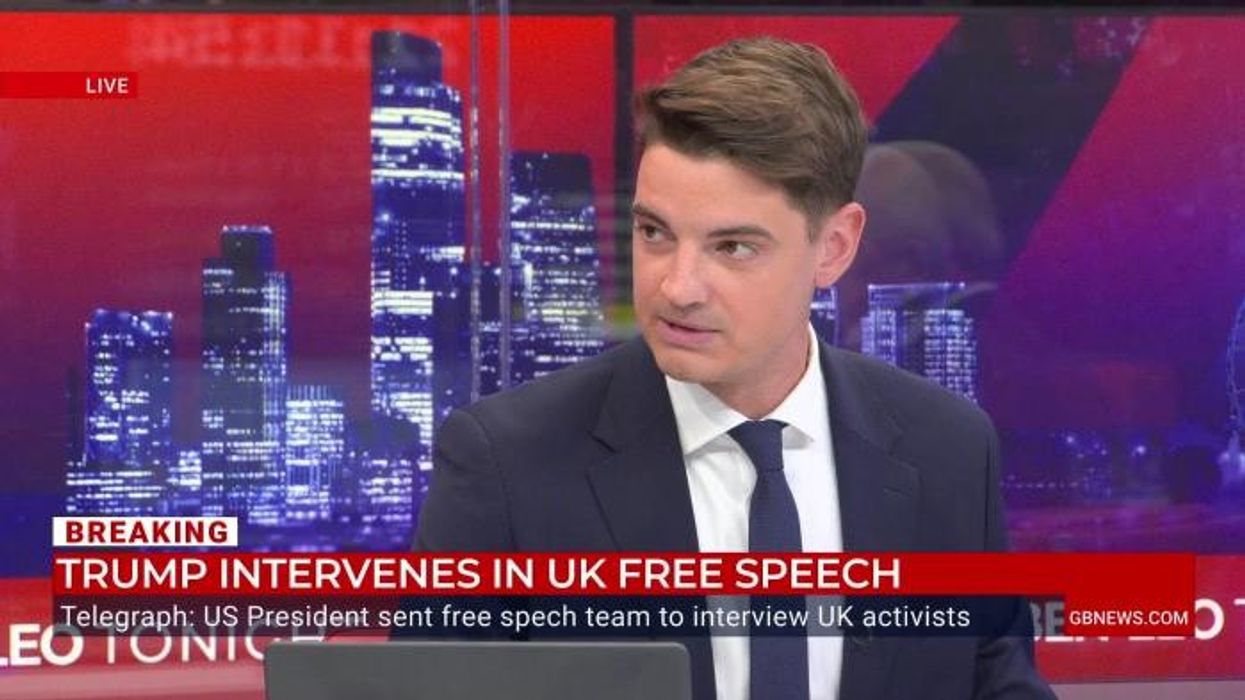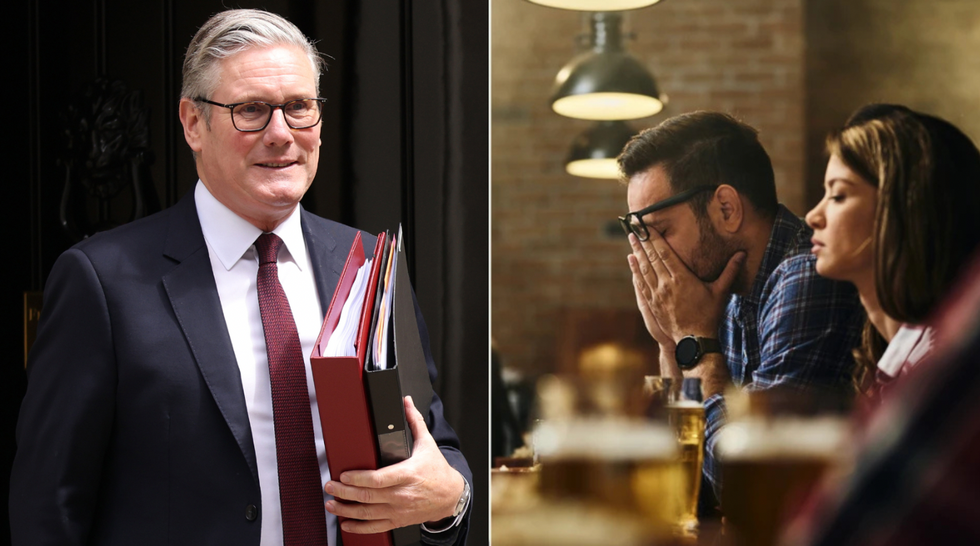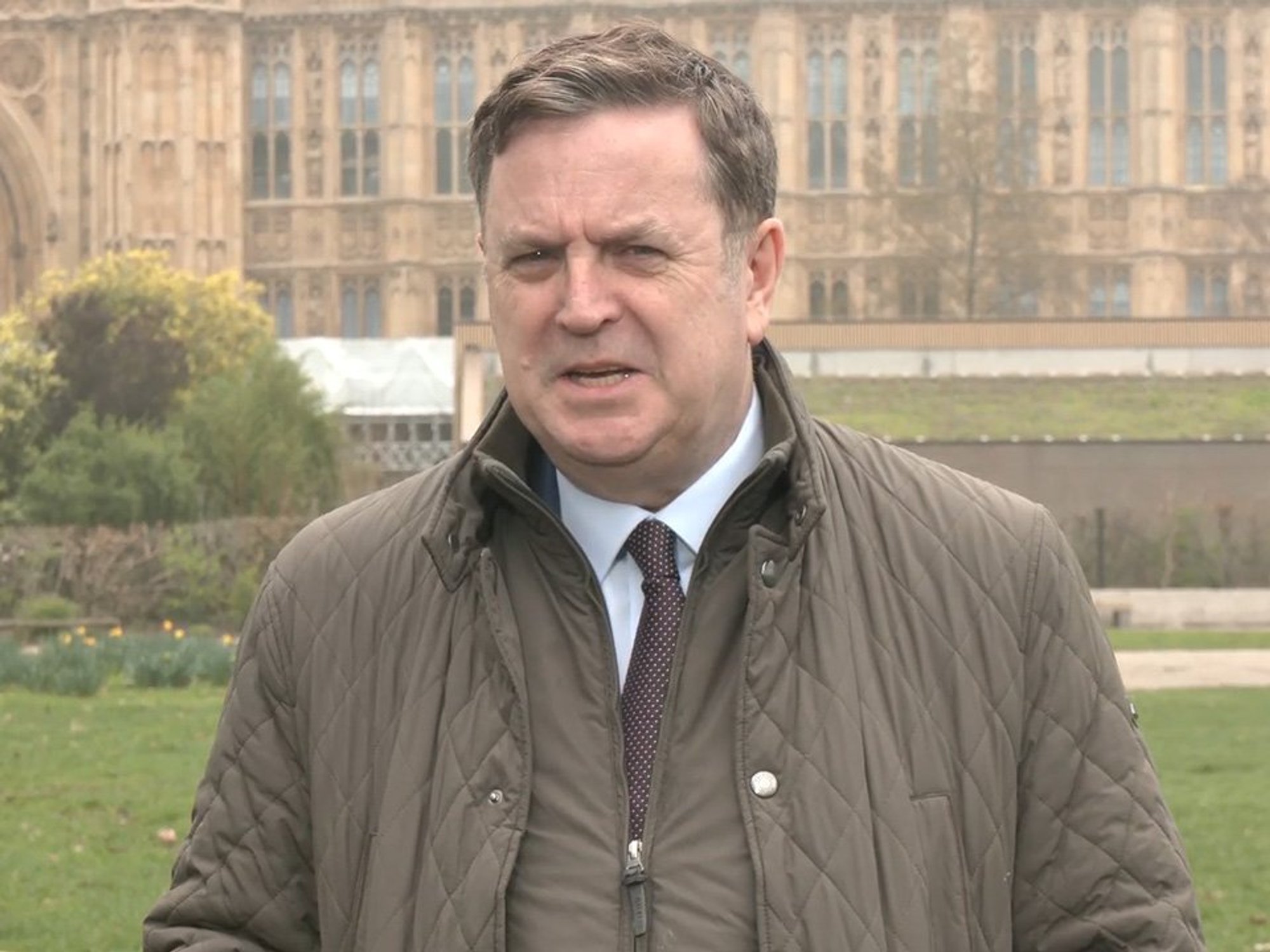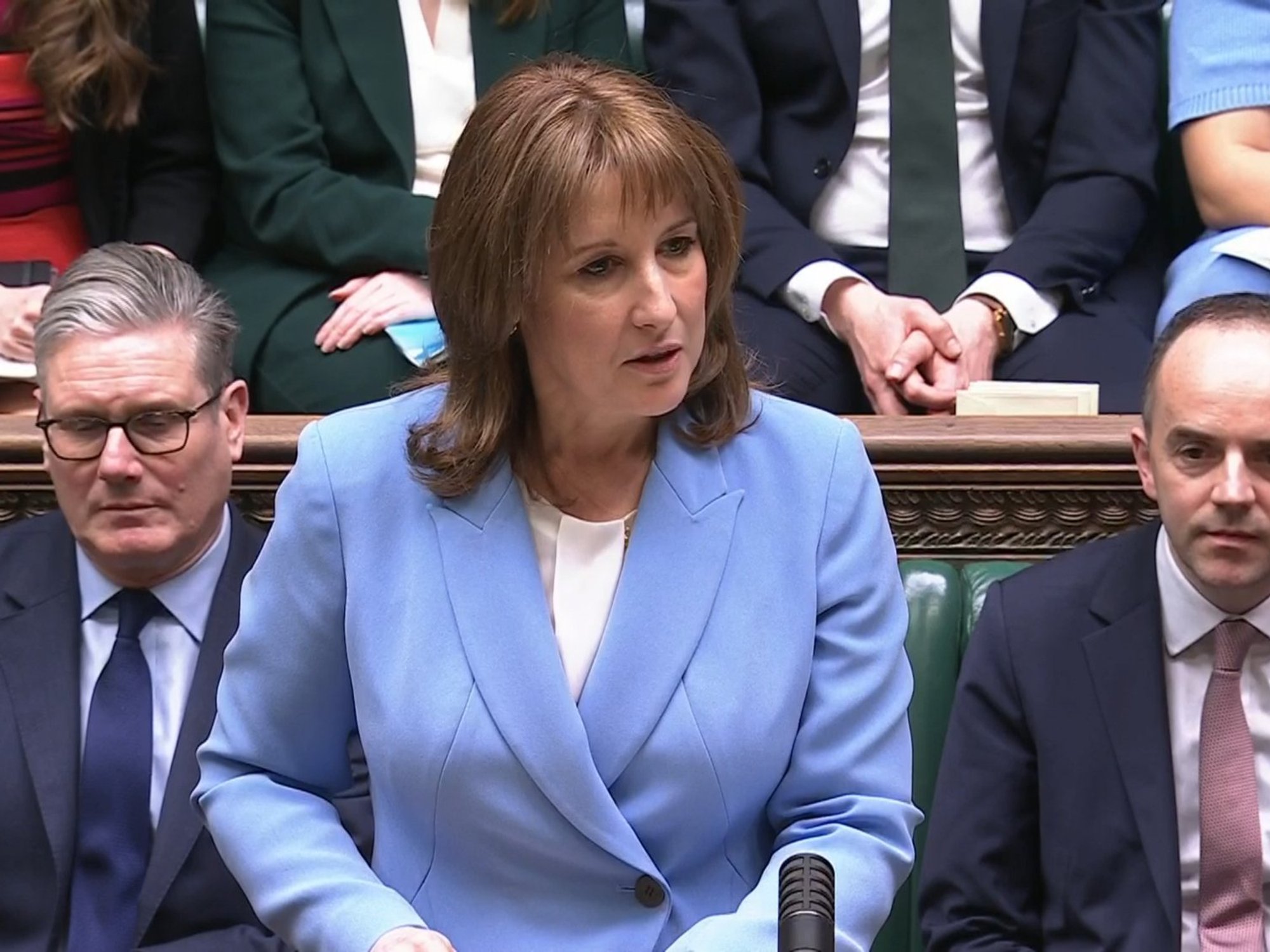EXPOSED: Labour's horror pub crackdown makes 'major step' to becoming law as free speech defenders voted down

Peter Bleksley says free speech clampdown is 'tyrannical mob rule by snowflakes' |
GB NEWS

The controversial bill is approaching its final stages in the House of Lords
Don't Miss
Most Read
Trending on GB News
Labour's so-called "banter ban" bill is one step closer to becoming law after a narrow defeat in the House of Lords last night.
Free Speech Union Founder and General Secretary, Lord Young of Acton, Toby Young, had tabled an amendment to sink Clause 20 of the Employment Rights Bill, which requires pub staff to be legally liable for any speech that could be interpreted as “indirect harassment” in their establishments.
Labour says this will address situations where employees face harassment from third parties, such as offensive remarks or behaviour overheard or directed at them.
Free speech advocates, such as the FSU, counter that the expanded legislation is tantamount to policing pub goers' casual conversations or jokes.
Thirty-eight voted against the tabled amendment last night, with only one Lib Dem voting with the Tories. As the vote was 161 to 191, it was the Lib Dems who killed it.
Lord Young decried the defeat, telling his peers that publicans are "already on their knees".

Labour's 'banter ban' in pubs has reached the report stage in the House of Lords on Monday as free speech defenders were voted down
|GETTY
How significant was this defeat and what happens next?
The report stage gives all members of the Lords a further opportunity to examine and make amendments to a bill.
It usually begins 14 days after the committee stage has concluded and can span several days.
After the report stage, the bill is reprinted to include all the agreed-upon amendments.
The bill then moves to third reading, providing a further opportunity for the Lords to discuss and amend the bill as it nears completion.
The Ministry of Housing, Communities and Local Government's official account described the Bill's progression as a "major step" towards transforming workers' rights in the UK.
The Ministry's official X account reads: "From ending exploitative zero-hours contracts to making flexible working the default, this Bill will Make Work Pay."
Lilian Greenwood, minister for the future of roads at the Department for Transport, told Times Radio earlier this year that people should be able to “come to work and give it their best without being anxious”.
She added: “People would expect to be able to have private conversations, but that has to be done in a way that isn’t going to affect the rights of other people to work in a safe and secure environment.”
LATEST DEVELOPMENTS:
The Bill's critics do not share this view.
The Equality and Human Rights Commission (EHRC) warned it could "disproportionately curtail" freedom of expression.
Pubs, which serve as hubs for unfiltered speech, would come into the firing line, the EHRC warns.
As the body explains, publicans could ultimately be forced to ban customers from discussing controversial topics like religion and transgender rights due to Labour's proposed workers' rights reforms.

Pubs, which serve as hubs for unfiltered speech, will come into the firing line, critics say
|GETTY
In addition to policing free speech, the legislation could put the final nail in the coffin of a declining industry, reports suggest.
The Government's own impact assessment concluded that it could cost businesses £5billion a year.
This figure reflects the direct financial burden of implementing the new employer duties.
However, many business leaders fear the thicket of administrative burdens, potential litigation, changes in business practices, and broader economic impacts like reduced hiring or increased prices could increase the financial burden.
Following the defeat, Young told Guido: "I tried to alert peers to the devastating effect the Banter Ban is likely to have on pubs. They’re already on their knees and the last thing they need is more red tape they’ll have to spend thousands of pounds to comply with.
"But it fell on deaf ears. I think the problem is, the Labour and Lib Dem peers never set foot in pubs.”
The bill's timeline
The Tories' failed an attempt to delete the clause from the Employment Right Bill back in March.
After the attempt to defeat the bill failed, Members of the House of Lords discussed the core aims of the Employment Rights Bill on March 27.
On April 15 , Lord Young of Acton, founder of the Free Speech Union proposed several amendments to the draft legislation in an effort to balance workplace safety with freedom of speech.
Lord Young's amendments aim to exempt expressions of political, moral, religious or social opinions from being classified as harassment, providing they are not “indecent or grossly offensive”.
On April 29, Members of the House of Lords spoke on day one of committee stage to put forward amendments to the bill.
Further detailed scrutiny of the Employment Rights Bill took place in the committee stage on May 8 before the latest amendment went to a vote.
More From GB News










